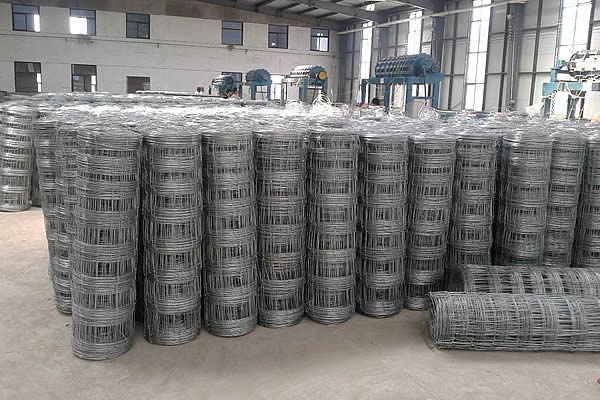 TEL:
+86-13102802206
TEL:
+86-13102802206
 Email:
fencenetting@china.com
Email:
fencenetting@china.com
 Language
Language
 TEL:
+86-13102802206
TEL:
+86-13102802206
 Email:
fencenetting@china.com
Email:
fencenetting@china.com
 Language
Language


The Essential Guide to Barbed Wire Fence Supplies
When it comes to securing your property and ensuring the safety of your livestock, a barbed wire fence is an effective solution. Barbed wire fences are widely used in agricultural settings, commercial properties, and even residential areas due to their affordability and ease of installation. However, to construct a durable and reliable barbed wire fence, having the right supplies is crucial. This article will explore the essential supplies needed for erecting a barbed wire fence and tips for ensuring its longevity.
Choosing the Right Barbed Wire
The first step in building a barbed wire fence is selecting the appropriate wire. Barbed wire comes in various thicknesses and materials, but the most common choices are galvanized steel and coated wire. Galvanized wire has a protective zinc coating that helps prevent rust and corrosion, making it a popular choice for outdoor fencing. When shopping for barbed wire, look for options with thicker gauge wires, as they tend to be more durable and long-lasting.
The spacing of the barbs is also an important consideration. Barbed wire usually has two or more barbs spaced along the wire, and their configuration can affect the fence's effectiveness. For livestock protection, a standard spacing of about 4 inches between barbs is often sufficient.
Fence Posts and Materials
To support the barbed wire, sturdy fence posts are necessary. Common materials for fence posts include wood, steel, and vinyl. Wooden posts are often treated to resist rot and can be a cost-effective option, while steel posts, though more expensive, provide greater durability and strength. Vinyl posts can offer a maintenance-free alternative, although they may not be as strong as their metal counterparts.
In addition to the posts, you will need various connectors and fastening supplies such as staples or wire ties to secure the barbed wire to the posts. Tensioning devices can also be employed to keep the wire taut and minimize sagging over time.

Insulators and Stay Wires
If your barbed wire fence is close to electric wires, insulators are essential to prevent accidental shocks. Insulators prevent the conductive wire from touching the metal posts. They come in different styles, such as screw-in or tie-on, depending on your needs.
Stay wires are also important for maintaining the structure of the fence. These running wires provide additional support between posts and help maintain the tension and stability of the barbed wire.
Installation Accessories
Finally, don't forget about the essential installation tools. A post hole digger is necessary for creating holes for your fence posts, while a fencing pliers can make it easier to work with the wire. A tensioning tool is highly recommended for ensuring the wire is taut during installation.
Conclusion
Constructing a barbed wire fence requires careful planning and the right supplies. By selecting high-quality barbed wire, sturdy posts, appropriate insulators, and essential installation tools, you can create a reliable, long-lasting barrier for your property. Whether you’re protecting livestock, marking boundaries, or enhancing security, a well-constructed barbed wire fence is a practical investment that can serve you well for years to come. Always remember to check local regulations regarding fencing before installation to ensure compliance and protect your investment.